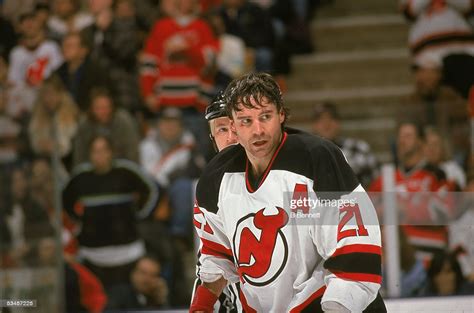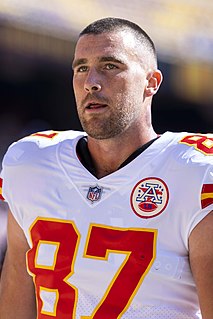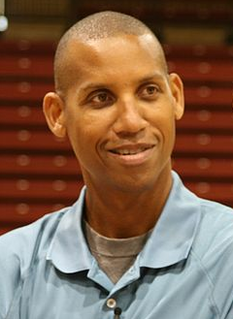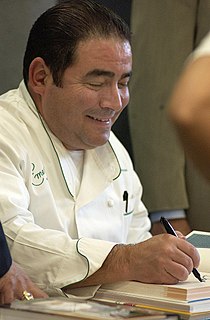A Quote by Thomas Friedman
The Middle East would always be an important trading partner in just a market sense, like America is a big market for us, Asia is a big market, Europe is a big market. You are going to have hundreds of millions of consumers there, from just a standard market point of view, from a very narrow American point of view.
Related Quotes
The hardest thing over the years has been having the courage to go against the dominant wisdom of the time to have a view that is at variance with the present consensus and bet that view. The hard part is that the investor must measure himself not by his own perceptions of his performance, but by the objective measure of the market. The market has its own reality. In an immediate emotional sense the market is always right so if you take a variant point of view you will always be bombarded for some time by conventional wisdom as expressed by the market.
Globalization, meaning the global expansion of a market economy, is the only way we can guarantee widespread prosperity and peace. A lot of nations are just so small, that unless they can sell their goods and services on the market they're never going to develop, they don't have an internal market that's big enough to sustain anything.
You can keep raising it, but at some point, everybody who believes in a minimum wage will say, "No, wait a minute. That's too much," and at that point, you have demonstrated that that there's no market relationship. You're just talking emotion. You're just talking "fairness." You're just talking being nice, and that's not how the market works. People aren't paid a wage because they're being nice to, or because it's fair. In the market, the market rules.
When I get hurt in the market, I get the hell out. It doesn't matter at all where the market is trading. I just get out, because I believe that once you're hurt in the market, your decisions are going to be far less objective than they are when you're doing well If you stick around when the market is severely against you, sooner or later they are going to carry you out.
The generally accepted view is that markets are always right -- that is, market prices tend to discount future developments accurately even when it is unclear what those developments are. I start with the opposite view. I believe the market prices are always wrong in the sense that they present a biased view of the future.
In a narrow market, when prices are not getting anywhere to speak of but move within a narrow range, there is no sense in trying to anticipate what the next big movement is going to be. The thing to do is to watch the market, read the tape to determine the limits of the get nowhere prices, and make up your mind that you will not take an interest until the prices breaks through the limit in either direction.
An old market had stood there until I'd been about six years old, when the authorities had renamed it the Olde Market, destroyed it, and built a new market devoted to selling T-shirts and other objects with pictures of the old market. Meanwhile, the people who had operated the little stalls in the old market had gone elsewhere and set up a thing on the edge of town that was now called the New Market even though it was actually the old market.

































